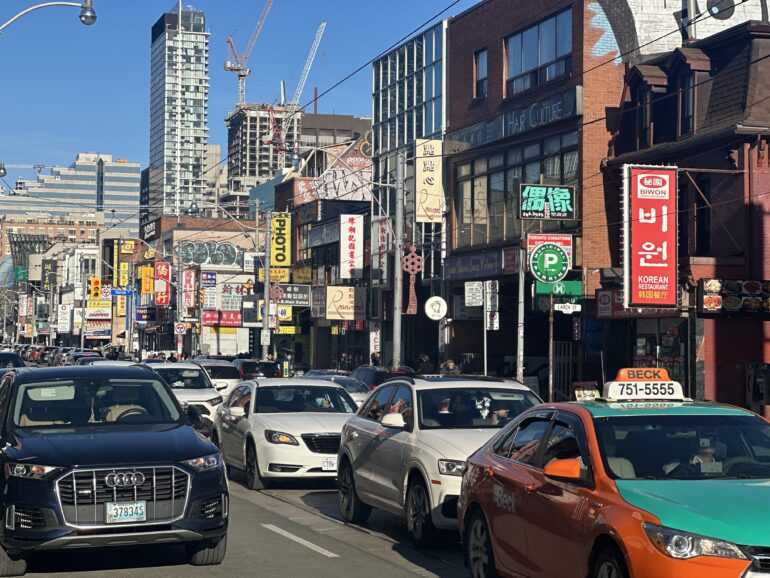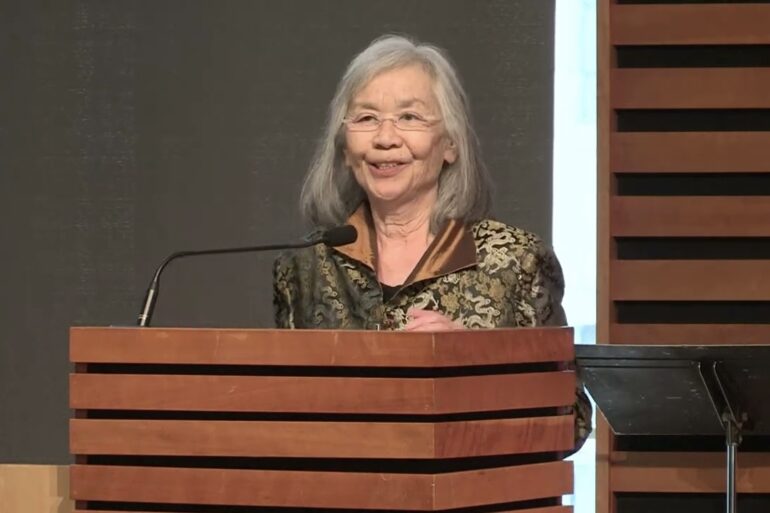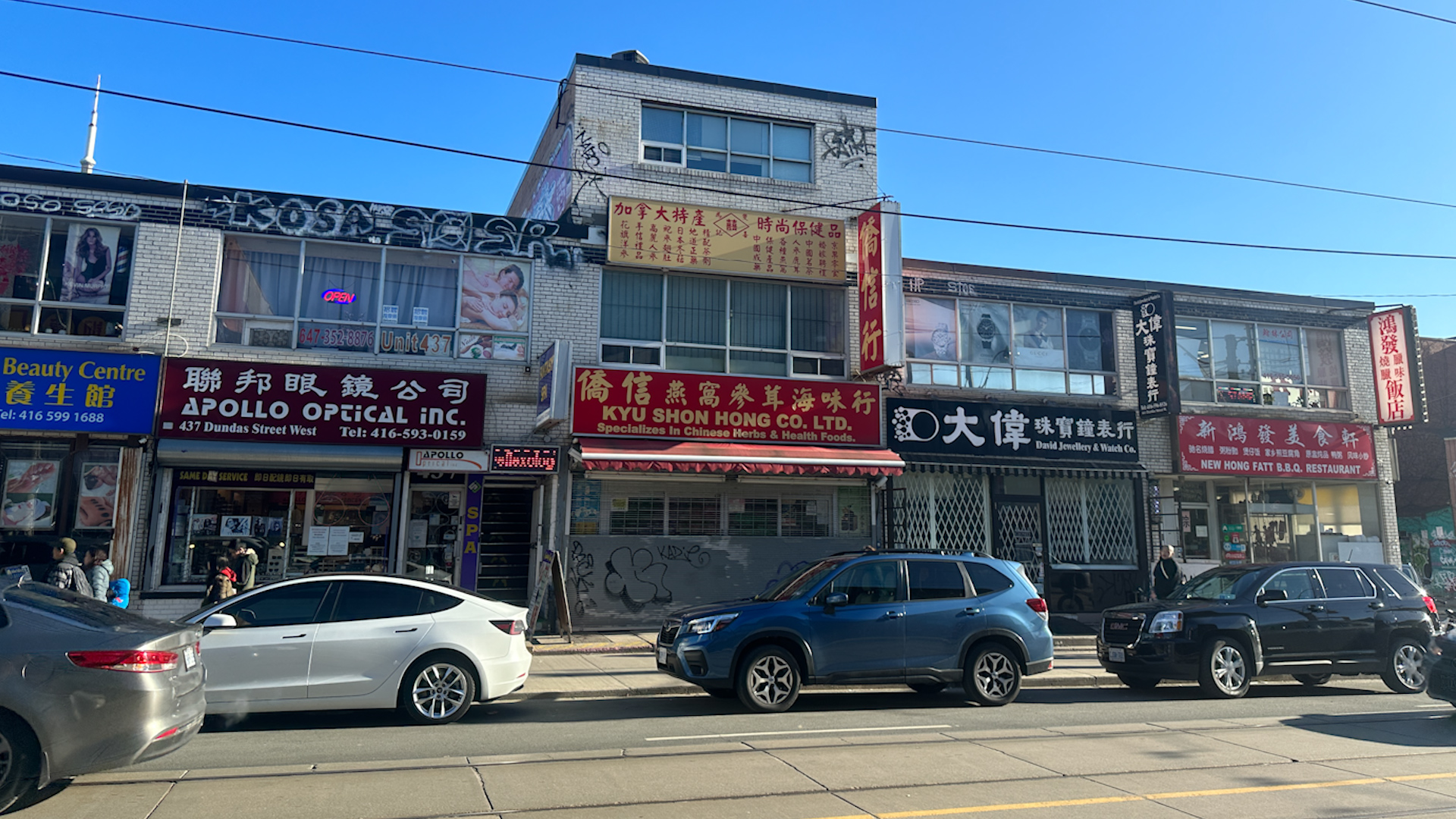When people think of Chinatown, they think of restaurants that serve authentic Asian cuisines or exploring the long-standing diversity of cultures in the neighbourhood.
But for people who live there or run businesses in the historic district, the momentum and energy of Chinatown have slumped.
Chinatown has been on a long decline, as the historic neighbourhoods face tremendous challenges and worsening social problems, but are also affected by gentrification.

The City of Toronto plans to designate its downtown Chinatown as one of the "cultural districts" to support in protecting the local culture of the neighbourhood. Photo credit: John Wong
The federal government announced $1.8 million in new funding to revitalize Vancouver’s Chinatown in February. This included modernizing its iconic neighbourhood buildings, adding new lighting and signage on the streets, and making other necessary improvements.
“It’s not really much money if you’re talking one city, in Vancouver,” the Toronto-based Chinatown historian, Arlene Chan said. “But it really needs the support of the community, the grassroots groups, to make sure that that money is put to good use and that it does contribute to the longevity of Chinatown.”
Toronto’s Chinatown is also facing its unique changes, especially due to gentrification and the havoc of the pandemic, which has driven out many long-standing businesses.
The Bright Pearl seafood restaurant and the Furama Cake and Dessert Garden, a popular bakery in the district, are just two of the many examples.
Chan said many Chinatowns, including Toronto’s, were established in the centre of today’s downtown and is accessible by many subway stations.
This kind of location is very valuable to many real estate developers, especially with the prices of real estate in Toronto being so high.
“That’s why there are so many challenges of the redevelopment or gentrification because that all of our Chinatowns are sitting on is a very valuable piece of property,” Chan said.

Arlene Chan, a Toronto-based Chinatown historian, said many Chinatowns are facing challenges of redevelopment and gentrification amid high rising real-estate market. Photo credit: Toronto Public Library
Toronto launched the Cultural Districts Program in November 2022 and has considered designating downtown Chinatown as one of the cultural districts to support in hopes of protecting the local culture of the neighbourhood.
However, the program is still currently in development, with an announcement of the final program design expected in mid-2023.
However, new development projects are going on in Chinatown and are affecting local businesses.
For example, the redevelopment of 315-325 Spadina Avenue, has forced the famous dim sum restaurant Rol San to close after operating in the same spot for 28 years.
It’s clear the city has to step up its efforts to preserve the long-standing heritage and diversity of the district.
But Chan said she sees the Chinese community speaking out about preserving the historic district.
“The redevelopment is affecting the whole city in terms of any businesses or communities that are downtown,” she said. “That’s why there are so many initiatives, not only grassroots initiatives but also from the city, to preserve historic districts like Chinatown.”
Certain changes to Chinatown might not be avoidable.
Still, it’s clear that the city needs to step up its responsibilities to find a balance between redevelopment and preservation in order to help save the long-standing history of Chinese Canadians and their culture within Canada.

